Medical buildings in France
Ah! Another young recruit fresh out of the family home and not knowing how to go about the world. But what is this? You are suffering. You are ailing. You are dying. What to do? Where to go to find solace? Do not fear, I have all the information you need to survive on your own in the adult world!— Sergeant
Table of Contents
Country: France
Type: civilian and military buildings
Field: medical
Type: civilian and military buildings
Field: medical
Civil society
Apothecaries
Once you've found a trustworthy pharmacist, cling to them and don't let them go!For everyday ailments, one's best solution is always to find an apothecary. Pharmacists are the best—and cheapest—advisers regarding everyday ailments and will be able to recommend the best and hottest new medicines to their customers. If you do not know where to go, just look at any newspaper to find the latest advertisement! If the pharmacist has enough money to pay for those, that must mean they are not killing their customers! And you do need to find a highly qualified pharmacist, for medicines are mixed and packaged directly in the shop according to official recipe book and to the pharmacists' own flair. All pharmacies are trying to outdo each other and attract new clientele by showing off their own miracle cure—recipes kept secret, of course. Because of this, there is no knowing why people are truly ingesting when they are swallowing all of those products...— Sergeant
Healing springs
For long-term ailments, the answer is obvious, all of your neighbours are already doing it, you need to take the waters! And there is only an abondance of choice about where to go to do so. While drinking and bathing in the mineral-rich spring waters have been popular since Prehistory, medical tourism has boomed since the beginning of the 19th century. So much that such places are often holiday destinations, with the well-to-do emigrating to those often mountain-side towns during the hot summer months. It will be easy to decide where to go, after all spa towns and spa resort are often easily identifiable thanks to the "les-Bains" (the baths) components in their names, such as Évian-les-Bains and Amélie-les-Bains. And if you are still undecided, only look in your newspaper and you are sure to find some advertisements for the latest hot new destination. The waters of spa towns are rich in minerals such as silica, sulphur, selenium, and radium. "Taking the waters" is thought to procure physical and spiritual healing. Thermal sources often have a hospital associated with them. Upon arrival, visitors are examined by medical practitioners and prescribed a treatment. This can constitute of drinking the water from the source, specific sets of exercise or massage to do or receive in the water or with medical clays. The healing power of spa waters is real, with a link having been made recently between iron deficiency and the cure provided by the mineral-rich water. And that is not even mentioning the magical particles that are clinging to all those minerals. Thus, while not all cures provided by the waters are so neatly explained, its efficacy must nonetheless not be proven. Still, the main benefit to be gained from frequenting spas are rest, relaxation, stress relief, and convalescence. Spa towns have attractions and infrastructures to take care of all of those visitors: parks, casino, ballrooms, golf, reading rooms, theatre, concert halls... Those are greatly contributing to the popularity of the sap towns.Vichy water drinkers
Beware of the substitutions made by certain traders who, when asked for Vichy-State water, try to substitute any other water for these waters, which have a universal reputation, thanks to the similarity of the label, which can deceive the customer. Demand Vichy-Célestin, property of the State, drawn under its control, whose bottleneck bears the blue Vichy-State circle which guarantees authenticity.
Safety and health are worth a few extra cents.
Demand Vichy-Célestin and mercilessly refuse any similar product that anyone tries to slip to you under any pretext whatsoever!
Vichy
For the thermal station of the liver, of the stomach and of all the diseases of nutrition.
The mineral water for the diet of the dyspiepsic hepatic, diabetic and arthritis. Take during or between meals.
— Newspaper clipping
Medical practitioners' office
For major troubles, you will have no choice but to see your family practitioner.None can exercise medicine in France without having gone through medical school and holding a diploma. During the 19th century, patients went from paying doctors with a subscription to paying them for one visit. All doctors apply similar fees for the visit, putting them in direct competition with each other to attract and keep patients. Patients visit their doctors in their office for minor ailments, but doctors also carry out home visit for those unable to travel. Despite numerous superstitions, healing medicine is rather limited as interfering with another person's vital energy is extremely complex and requires huge amounts of energy—the kind that can only be easily bypassed thanks to human sacrifices. Thus, medicine is mainly "expectant", with doctors waiting to only intervening at the right time when nature cannot do its job properly. They then attempt to push the patients back in the right direction and incite them to renew their vital energy themselves. Very recently, medications of all kinds—chemicals, herbal remedies, potions—have become very trendy. Most doctors were rather sceptical and reluctant at first to participate in this trend and prescribe them. However, they had no choice but to bend to their patient's wishes if they wanted to keep them. In the end however, this evolution has been favourable to the doctors, as this allow them to shorten the consultation with the patients and so to multiply them, but it also allowed the doctors to avoid having to intrude into the patients' personal lives and to upset them.— Sergeant
When the family doctors are not enough to sooth a patient's woes, it might be time to consider going to the hospital...
Noooo! Please don't take me to the hospital! I assure you I'm feeling better already—I beg you don't do it!— A desperate individual
Hospitals
Look at the surgeons' lab coat. The dirtier it is, the better! Take comfort in all the blood spots, you do not want someone unexperimented to operate on you, do you?You can be assured that nowadays hospitals are not just a place to put all the destitute and prostitutes to get them out of the way. Now the goal is truly to treat people! And since the revolution, hospitals have been nationalised and belong to the state. This means that you can truly trust them! They are not out to squeeze as much money out of you as they can; they are all paid by our taxes! And the local mayor is even the president of the administration council to make sure everything is above board and the interests of the nation are well taken care of. Inside the hospitals themselves... Well, it will appear immediately obvious that surgeons are always very dirty, but do not let that rebut you! Those people are extremely busy all day and they go from one amputation to end their day at a birth by going through a corpse dissection during lunch time. And all without cleaning once! The better to show off their strenuous work and hard-won skills and knowledge. You will undoubtedly be shocked by the cries that are always filling the hospitals at all hours of the days and night, but that is rather expected with so many people at death's door or in the surgery room. In any case, this adds a certain ambience and incites people to get better more quickly! Any operation has to be carried out as fast as possible to limit the patients' suffering. You recognise a surgeon's skills by their abilities to practise an amputation in only a few minutes.— Sergeant
If you have any sense, you will immediately understand that hospitals are terrifying places and that surgeons are much more likely to finish you off than to save you. If you want miracles, go to the church.— Sergeant
Asylum
And if you are sick with an ailment that cannot be identified by the "best" medical practitioners of the country—then, why, it must be obvious! It is your mind that is sick—off to the asylum with you!— Sergeant
Lunatic is an official medical term that regroups numerous types of patients including "idiot" children and adults, unstable people, epileptic, and hysteric. Around 84,000 individuals are considered lunatics in France in 1840, and 31,000 of them are confined in asylums. Thus, the majority of lunatics are taken care of at home by their family. The confinement of patients in an asylum is decided by the prefects, and they are also the only one who can allow them to leave once "cured". A medium size asylum can welcome 600 patients. Lunatics are not confined immediately after the apparition of the symptoms as that would be too expensive for the state. It is instead necessary for the lunatics to prove to be a damage for society, by destroying some building or attacking people for example, to be confined. Medical practitioners do not see being treated at home as something to be preferred. Indeed, superstition let people treat the lunatics terribly, keeping them bound at the least sign of exciting and leaving the doctors to find them injured. Nevertheless, whether the doctors accept to recognise it or not, some of those family members are also able to dispense good care to the lunatics. Almost all wish to do so to take care of their loved one as well as to hide the stigma of having a lunatic in their bloodline. Asylums are before all prison-hospitals in which patients are supposed to be cured, and if not possible, to be taken care of, and kept out of the way of the wider society. There is even the possibility to receive instructions and gain a diploma. Treatments include taking baths and showers, magical shock therapy, or medication such as laudanum, morphine and potassium bromide. They teach patients discipline and to stay calm willingly or through the use of water jets, forced isolation, straightjacket. Nevertheless, despite how uncontroversial those treatments are, they are still rumours of asylums being terrifying places where cumbersome people are forcefully confined. Places where very little healing goes on. Where patients are instead subjected to horrifying abuse and experimented on in an attempt to "cure" what does not need to be...
If someone tells you they work in an asylum, run! Trust me, you don't want any of this type anywhere around you...— Sergeant

La Salpêtrière, lunatics rooms built in 1789 by Georges Guillain in the Wellcome Collection

Straightjacket by Wellcome Collection
The army
What? You do not want to go see a civilian? For some reason you do not trust them? Well, you are in luck, for the best medical practitioners in the country are all in the army! It is where they see the most practice you see...— Sergeant
The army's medical tents
Though another thing that may help the surgeon's talents is the fact that in contrast to civil practitioners of medicine, military doctors have a big advantage: the ability to use human sacrifice to power their healing magic.— Sergeant
In the whole of France and even of Europe, you could have no better chance of survival than if you were injured on a battlefield on the French side. Since the 1789 revolution, French people have had little care for the religious interdict against human sacrifices of fellow Christians, and they have made full use of the new opportunities afforded by this. The rest of Europe has learnt the hard way that letting the French decide of the battlefield was as good as signing their own death. Indeed, French soldiers have become experts in quickly setting ritual grounds that they can then use to their advantage while the battles start. While it has proven impossible to directly bypass enemies' soldiers personal protections to kill them instantly—at least until now, the engineers are not despairing!—what the rituals are doing is ensuring that when the enemies do die, the energy generated by those deaths is directly canalised back towards the medical tents where it can be put to good use by healing French soldiers. As soon as soldiers are injured, they are carried out of the way by the medical services and put into the ambulance of the "flying" service—service invented by the Army Corps General Dominique Jean Larrey during the Napoléonic wars. They are driven towards the medical tents raised in proximity of the battlefield itself. Once there, a medical officer will triage them—a technique again invented by Larrey—and sent to the right healing station depending on the severity of their injuries. All the medical officers are rigorously trained in the latest healing magical techniques and are able to make full use of the sacrifice magic to perform miracles.
We almost never have to do actual amputations! If you survive the initial injuries, a quick trip to the medical tent and you will back up and fighting in no time for the glory of France!— Sergeant
Medical research facilities
Either in time of peace or war, military doctors are always eager to keep expanding their knowledge of pathologies and injuries and to keep pushing the frontier of medicine further. The medical research facilities in Paris are the most advance research centre in all of Europe in this field. All experiments are carried out on prisoners condemned to death—the most famous one having been of course Louis XVI. The death row is a truly unpleasant place to be...Who cares about all those traitors and enemies? If they are there, it is because they attacked the French State and its people! They are only getting what they merit—more in fact, since they are finally serving France!— Sergeant
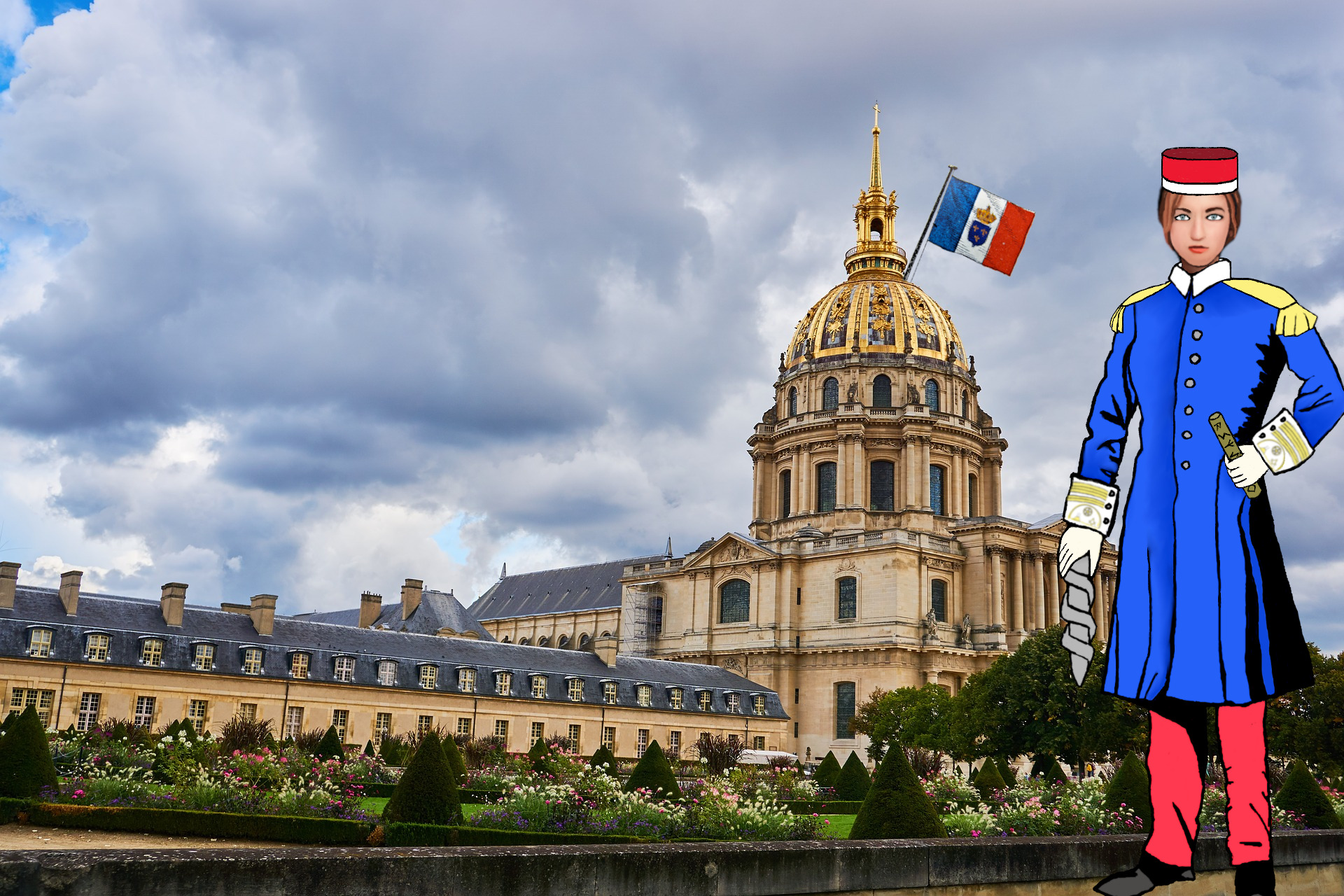














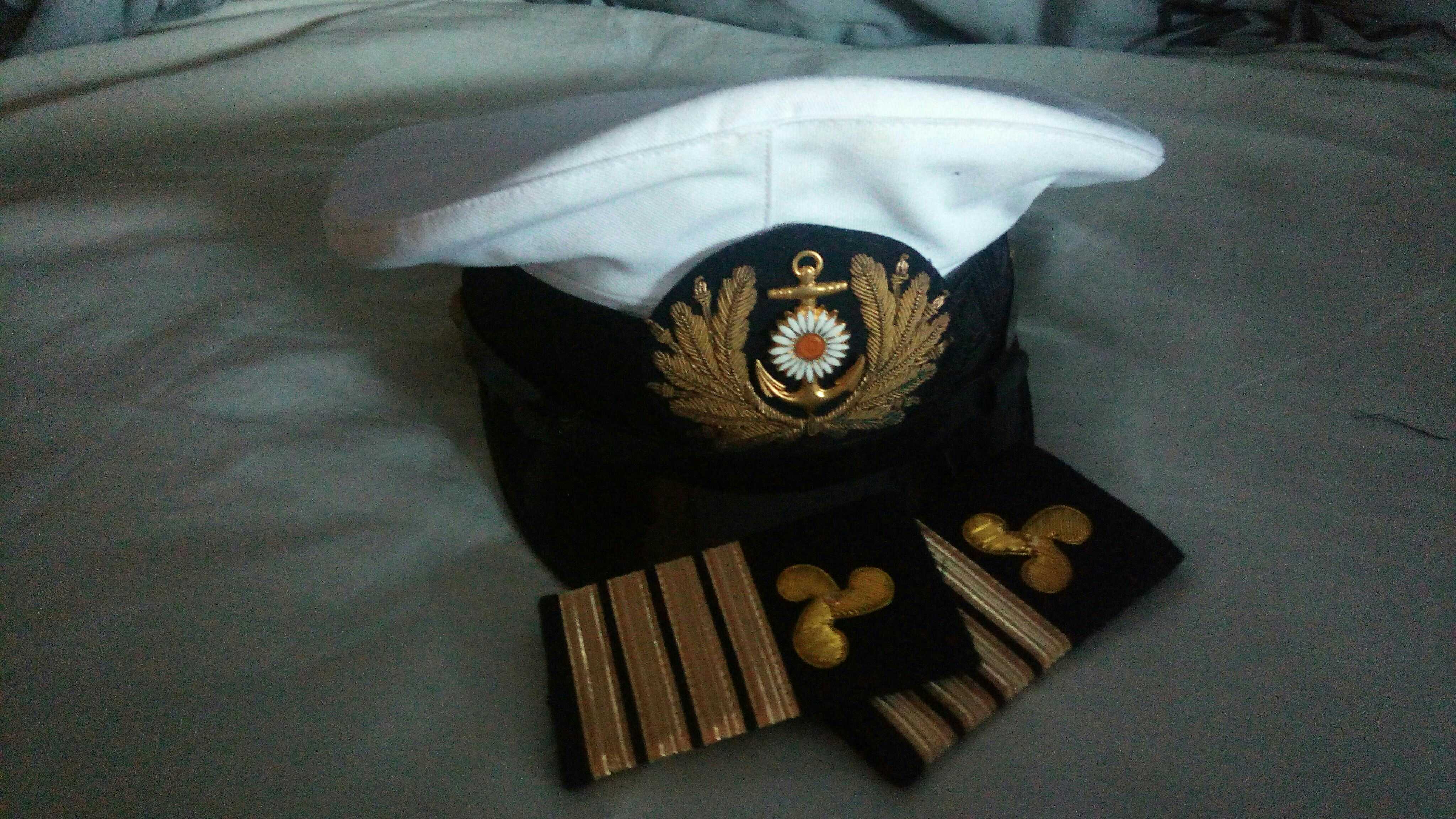
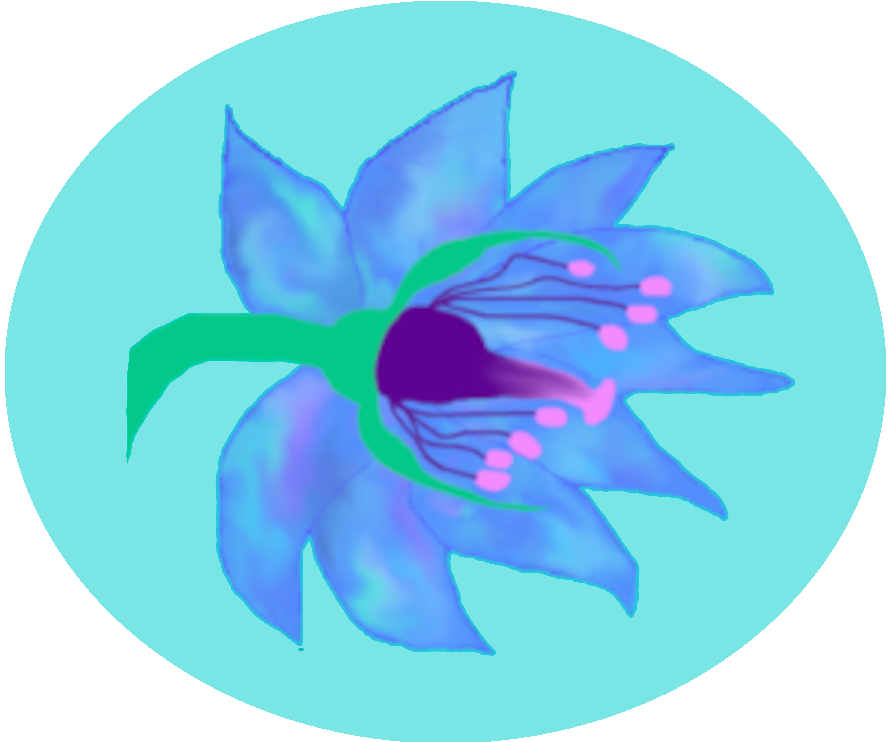

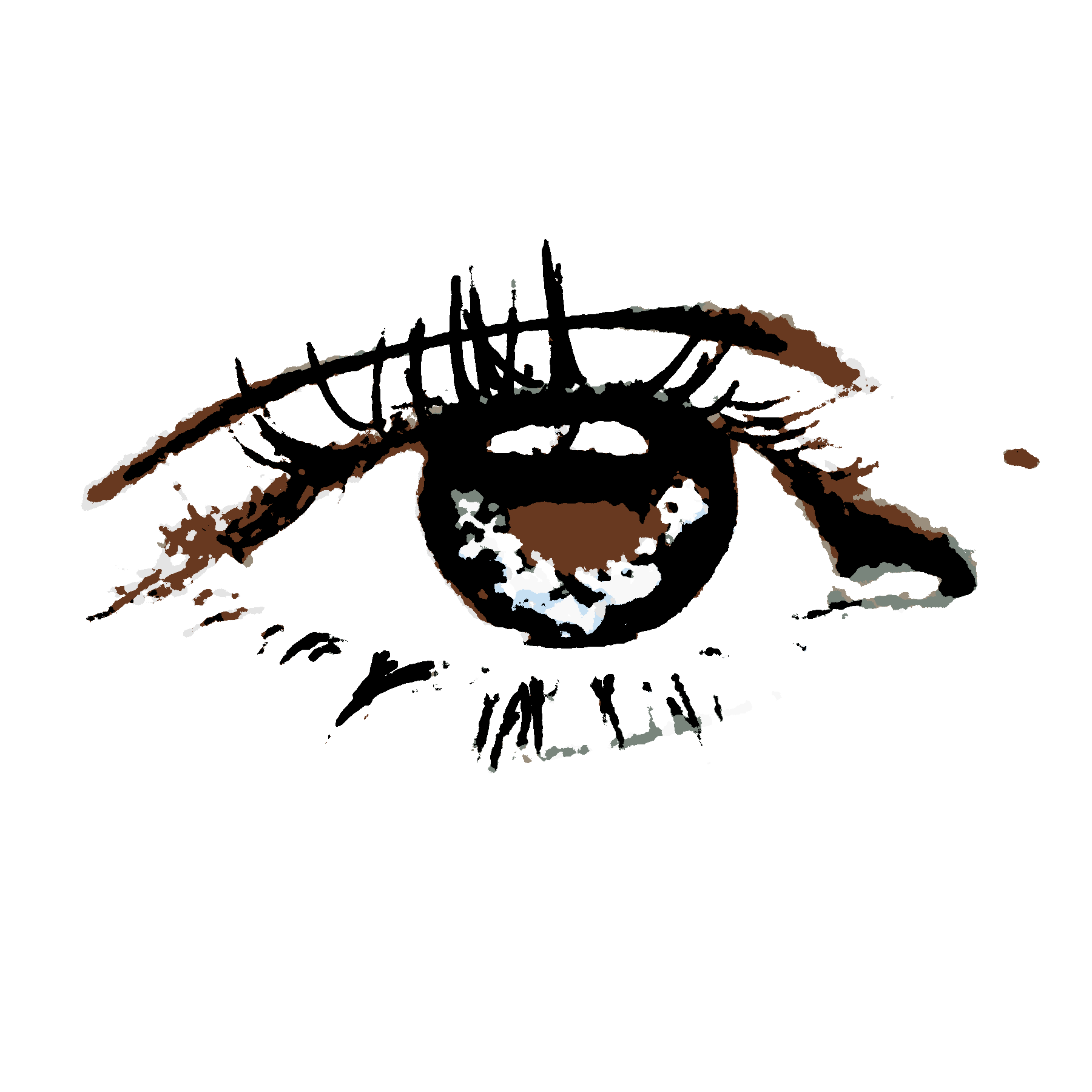


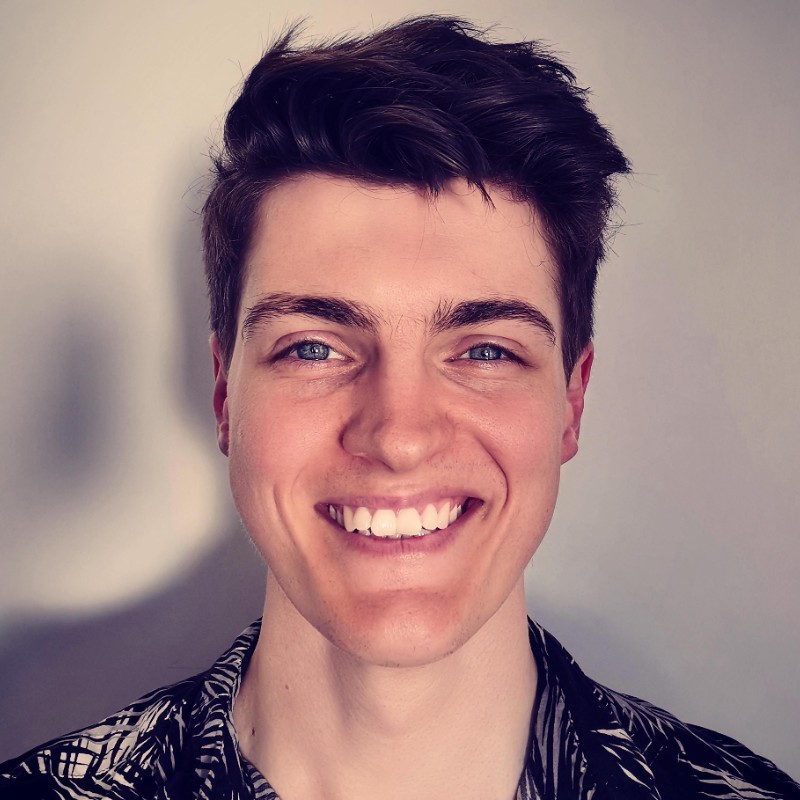
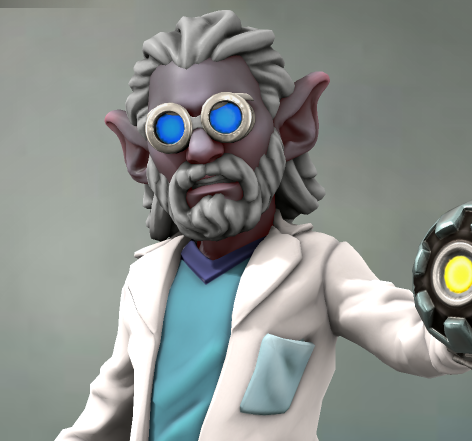

Whoa!!! This is great! You covered everything!
Thanks for the comment :D